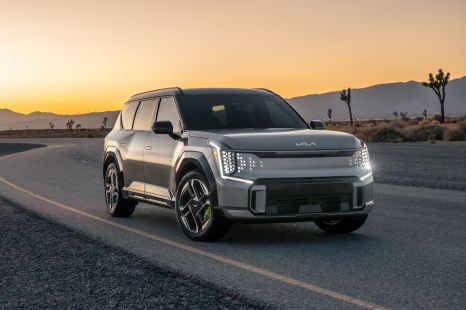

William Stopford
2026 Kia EV9: Hot GT arrives as Korean brand's priciest model ever
3 Hours Ago
Companies ranging from Hertz and Uber to IKEA and Tesla are calling for the Australian Government to include several key EV goals in its national strategy.

News Editor
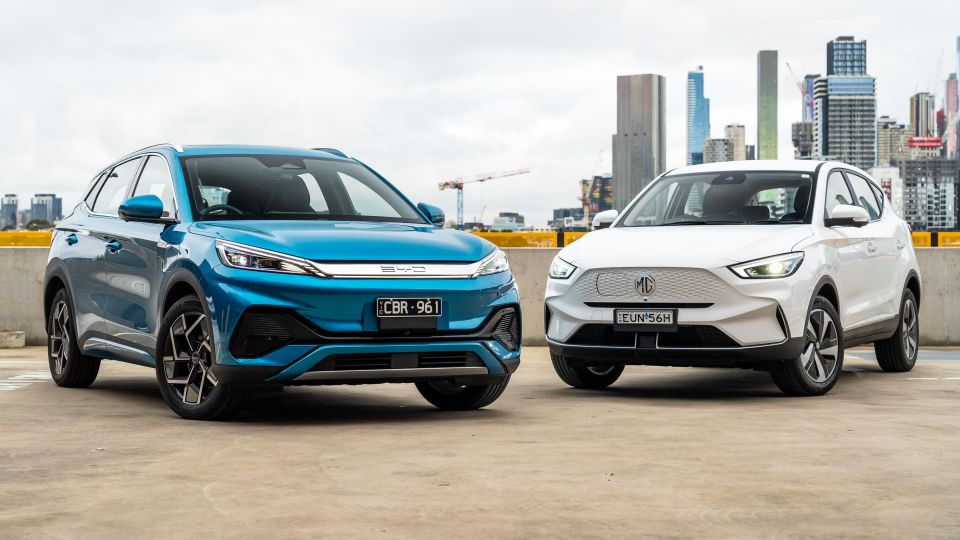

News Editor
As submissions close for the Australian Government’s National Electric Vehicle Strategy consultation paper, 100 companies have called for several key actions.
In a two-page ad taken out by the Electric Vehicle Council, the 100 companies have called for one million electric vehicles to be on Australian roads by 2027.
A raft of automakers are among those supporting the goal. They include BMW, BYD, Jaguar, LDV, MG, Polestar, Renault, Tesla and Volvo.
Other companies expressing their support include rental agencies like Europcar and Hertz, charging infrastructure providers like Evie, Jetcharge and Tritium, and other major companies like IKEA, Origin, Uber and the Woolworths Group.
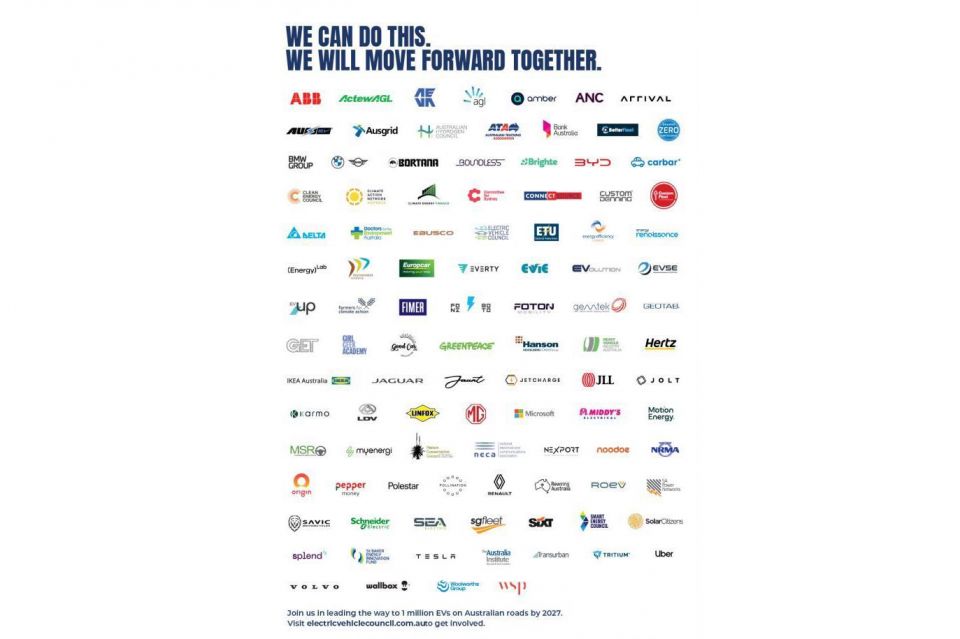
In addition to the one-million goal, the companies are calling on the National Electric Vehicle Strategy to include:
They’re also calling for more support for electric buses, trucks and other commercial vehicles for Australian businesses, and for economic modelling that takes into account the benefits of EVs such as reduced pollution, better fuel security, and the potential manufacturing opportunities.
Submissions for the consultation paper close today. You can read the 18-page paper here.
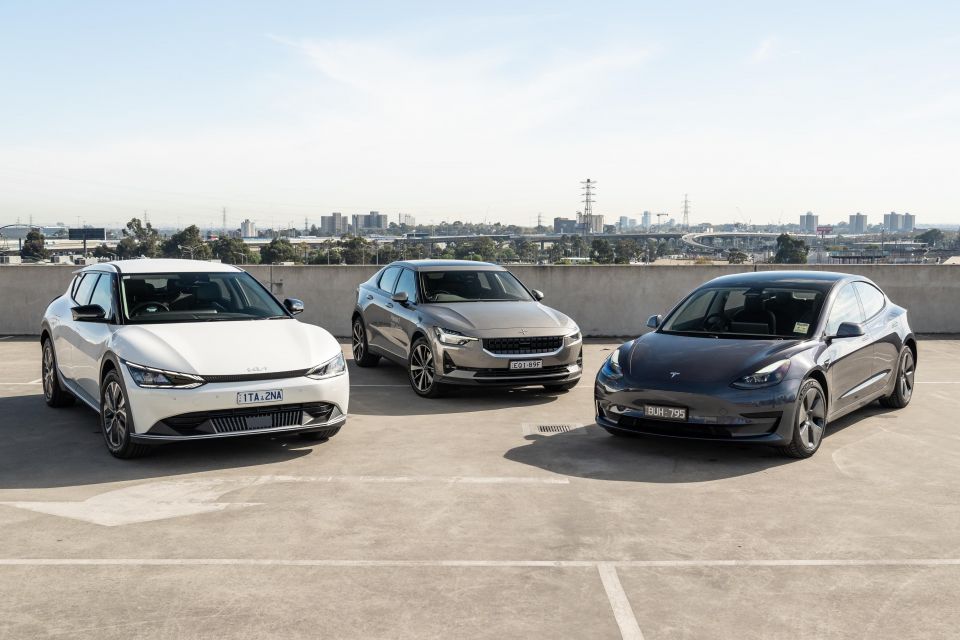
To the end of September, just 21,771 electric vehicles have been sold in Australia, putting market share at just 2.68 per cent.
The federal government says EV uptake in Australia is nearly five times lower than the global average, citing the example of New Zealand where in the past year EVs have gone from 2.5 per cent of new registrations to over 11 per cent.
As transport is Australia’s second largest source of emissions, EV uptake is critical to reaching the goal of net zero emissions by 2050.
The overarching goal of the Strategy is to increase EV uptake in Australia by incentivising automakers to direct more supply of low-emission vehicles to the local market, through new fuel efficiency standards.
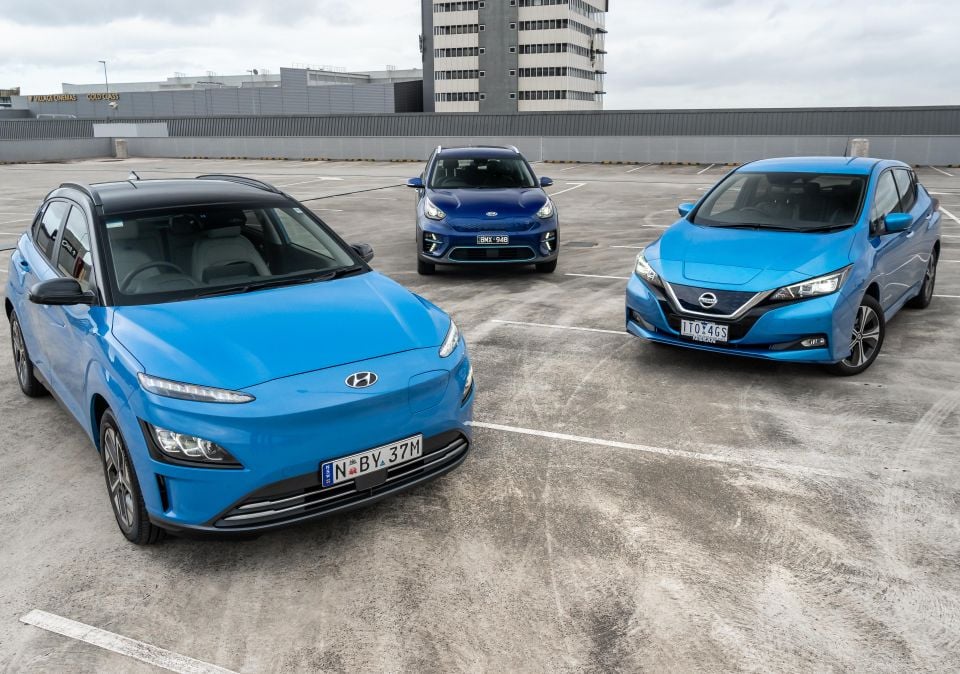
While all of Australia’s States and Territories have various EV incentive plans in place, including the availability of cash rebates and tax cuts, the federal government has identified a lack of “coordination and alignment at the national level” that it says must be rectified.
The core goals can be broadly defined as:
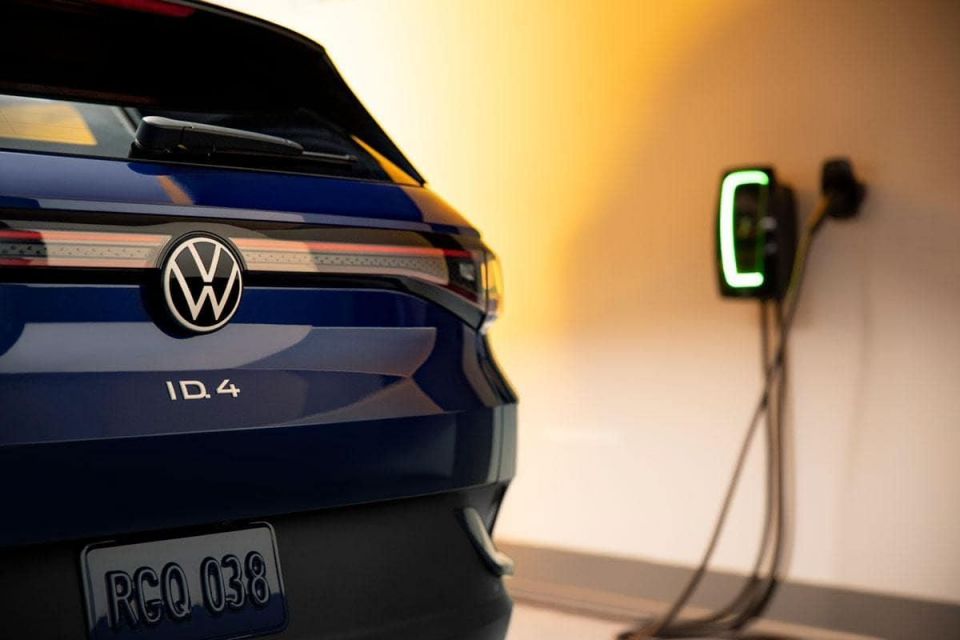
The current government has already committed to cutting Australia’s overall emissions by 43 per cent over 2005 levels before 2030, and to achieving net zero by 2050. Given road transport is responsible for about 16 per cent of total emissions, it’s a key sector.
An ongoing issue is lack of EV supply, with numerous brands and industry bodies saying much of this comes down to the lack of fuel efficiency standards – something most other wealthy nations do have, with other notable exceptions including pariah state Russia.
Myriad carmakers in Australia, such as the Volkswagen Group, say their head offices would rather send supply-constrained EVs to regions where they get fines for exceeding average CO2 levels across their fleet, relegating Australia to dumping ground status for older tech.
This is chalked up as a major reason why so many EV models either don’t come here, are subject to long wait lists, or are sold in such tiny numbers that they make next to no difference in emission reductions.
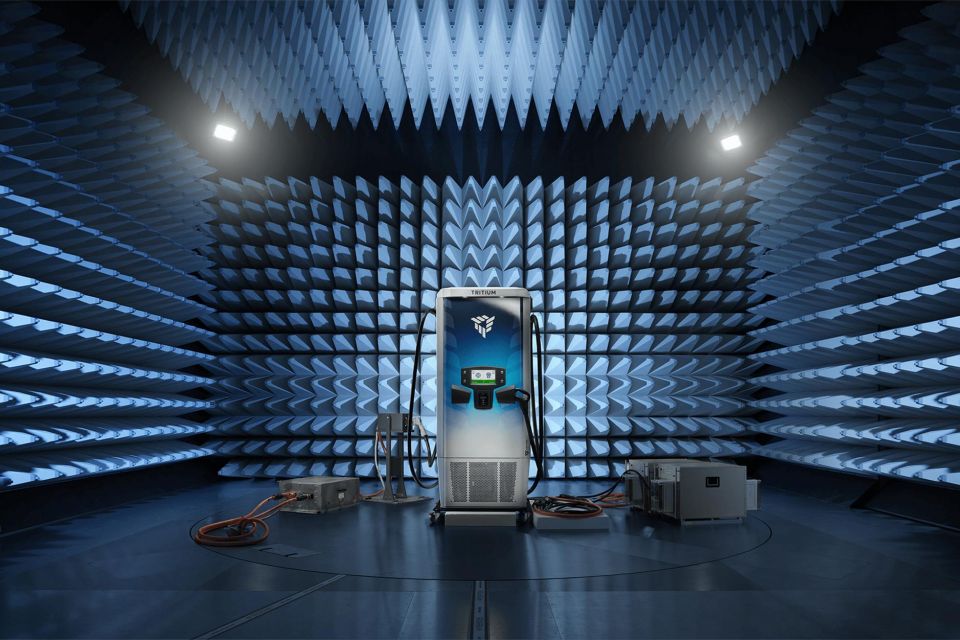
“This transition presents enormous opportunities for Australia. Australia has the mineral resources, capital and skills potential to assist this work,” the consultation paper says, referring to our copious minerals such as lithium that are vital for EV batteries.
Value-add opportunities listed include Australian manufacturing of EV batteries and other components for exports, rather than just digging stuff from the ground and putting it on ships.
Examples of companies already doing this include world-leading DC charger manufacturer Tritium, electric truck-maker SEA Electric, and Nissan Australia, which casts EV components in Melbourne.
The paper also cites health benefits, given greater adoption of EVs can reduce air pollution.
“Air pollution due to vehicle emissions may cause more deaths than the national road toll. It is also linked to health conditions including respiratory disease, cancer and dementia,” the paper said.
The paper also mentions the need to increase the nation’s fuel security by becoming less reliant on imported petroleum.
MORE: Federal Budget includes investments in EV infrastructure, incentives
William Stopford is an automotive journalist with a passion for mainstream cars, automotive history and overseas auto markets.


William Stopford
3 Hours Ago


Paul Maric
4 Hours Ago
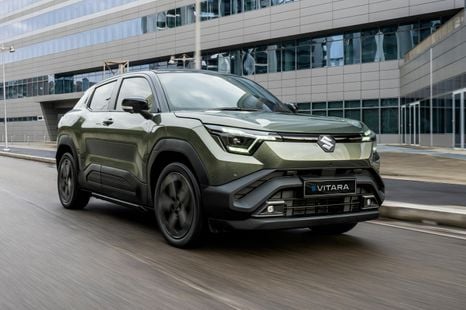

Damion Smy
4 Hours Ago
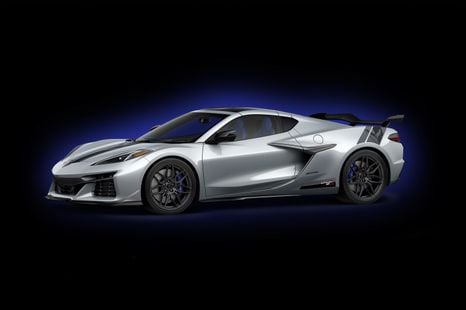

Damion Smy
6 Hours Ago
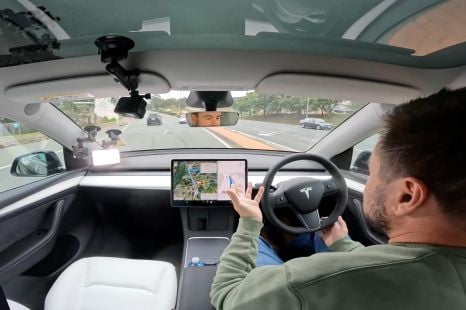

William Stopford
7 Hours Ago
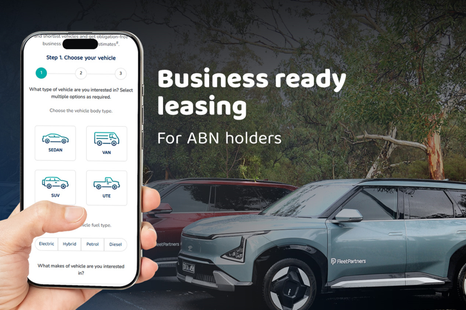

CarExpert
8 Hours Ago
Add CarExpert as a Preferred Source on Google so your search results prioritise writing by actual experts, not AI.